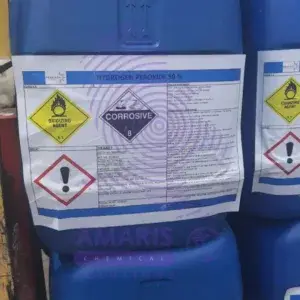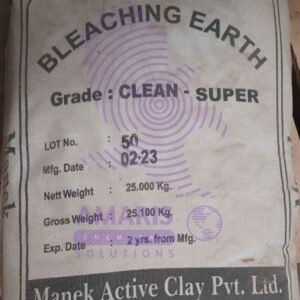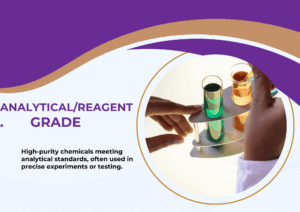The Environmental Impact of Sodium Sulphate: Balancing Industry Needs with Sustainability
Sodium sulphate is a widely used chemical in industries such as detergents, glass manufacturing, textiles, and paper production. Its versatility and cost-effectiveness make it a preferred choice in many applications. However, as with any industrial chemical, the environmental impact of sodium sulphate must be carefully managed to ensure sustainability.
Production and Environmental Footprint
Sodium sulphate occurs naturally in mineral form and can also be produced synthetically. Natural sources, such as Glauber’s salt, require minimal processing, making them a more environmentally friendly option. Synthetic production, on the other hand, involves chemical reactions that may generate waste byproducts. The extraction and processing of sodium sulphate can lead to water and soil contamination if not properly managed.
Impact on Water Systems
One of the main concerns with sodium sulphate is its discharge into water bodies. When released in large quantities, it can alter the salinity of water systems, affecting aquatic life. High salinity levels can disrupt the osmoregulation of freshwater organisms, potentially leading to biodiversity loss. Proper wastewater treatment is essential to mitigate these effects.
Soil and Air Pollution
While sodium sulphate is generally considered non-toxic, excessive accumulation in soil can hinder plant growth by affecting soil structure and water retention. Additionally, some industrial processes that use sodium sulphate may release sulphur dioxide, a pollutant that contributes to acid rain and respiratory issues. Implementing air filtration and emission control technologies can help reduce these risks.
Sustainable Practices and Alternatives
To balance industrial needs with environmental responsibility, companies are adopting sustainable practices such as recycling sodium sulphate from industrial waste streams. Additionally, research into biodegradable or less harmful alternatives can reduce dependency on this chemical. Using closed-loop systems in manufacturing can significantly cut down waste and emissions.
Regulations and Compliance
Governments and environmental agencies have set regulations to control sodium sulphate discharge levels. Compliance with these guidelines ensures that industries operate within safe environmental limits. Companies investing in sustainable technology and responsible waste management not only protect ecosystems but also enhance their corporate reputation.
Conclusion
Sodium sulphate remains an essential chemical in various industries, but its environmental impact must not be overlooked. Through responsible sourcing, effective waste management, and regulatory compliance, industries can minimize negative effects while maintaining production efficiency. A balanced approach that prioritizes sustainability will ensure that sodium sulphate continues to serve industrial needs without compromising the environment.









Add comment